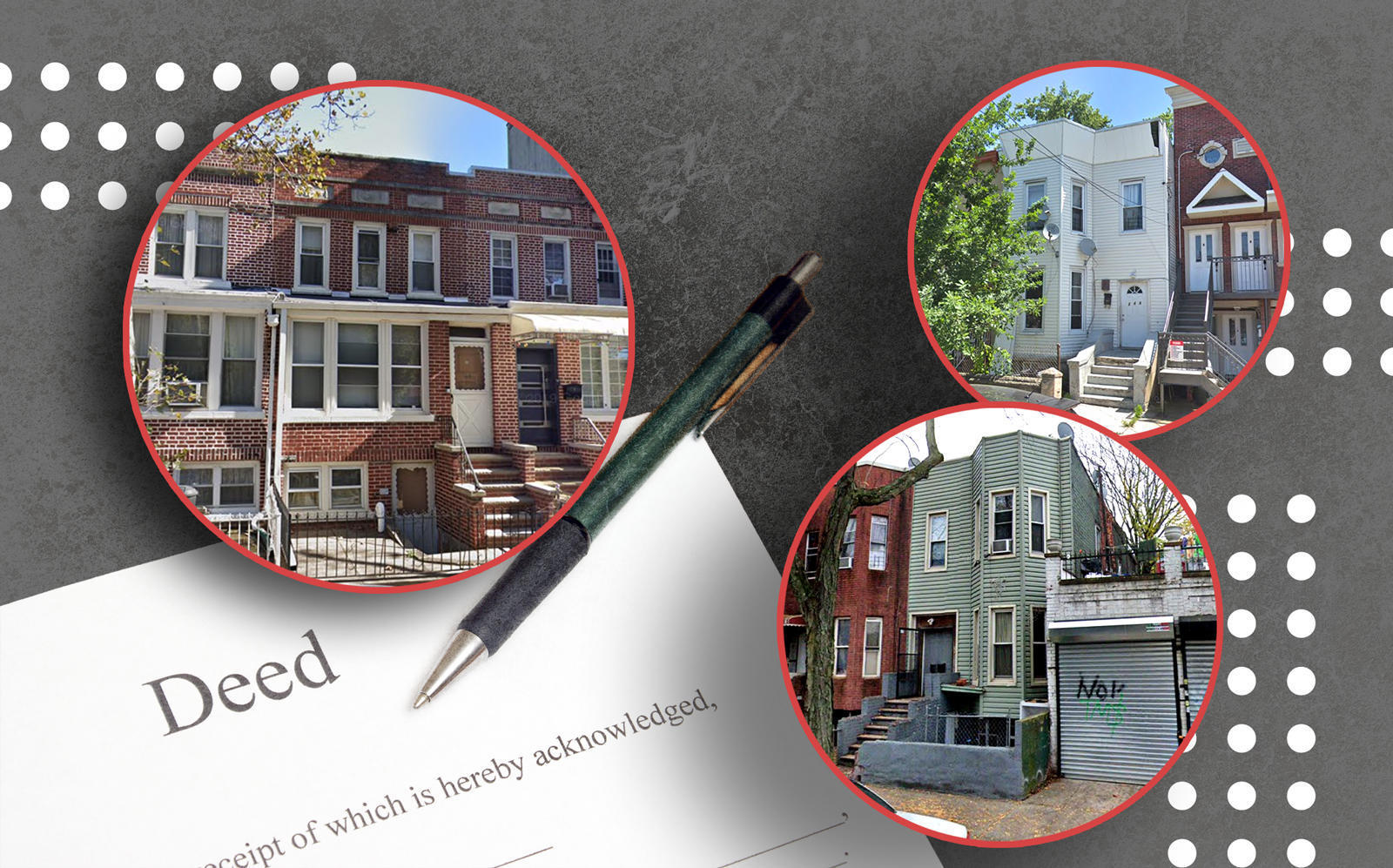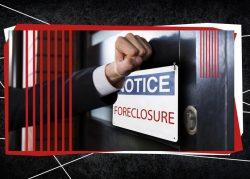 Incidents at Nooklyn and Core outrage Black agents, staff
Incidents at Nooklyn and Core outrage Black agents, staff
Trending
Former Brooklyn lawyer accused of $8M deed theft scheme
Sanford Solny accused of reaping $600K in rent on unlawfully obtained homes

A former Brooklyn attorney has been indicted for carrying out a nearly $8 million deed theft scheme, a practice that is not uncommon in areas with high foreclosure rates.
Brooklyn District Attorney Eric Gonzalez accused Sanford Solny of stealing deeds to eight properties in foreclosure by tricking victims into handing over their homes. He allegedly collected over $600,000 in rent from the properties, which are located in Bedford-Stuyvesant, East New York, Cypress Hills, Flatbush and Ocean Hill. The homes were valued at $7.8 million.
Solny was served a 63-count indictment for grand larceny, scheme to defraud and possession of stolen property.
“Brooklyn’s valuable real estate market continues to be an attractive target for fraudsters willing to deceive homeowners,” said Gonzalez. “These victims, who trusted the defendant to help them avoid foreclosure, instead allegedly had their homes stolen by him and were left facing financial ruin.”
Read more
 Incidents at Nooklyn and Core outrage Black agents, staff
Incidents at Nooklyn and Core outrage Black agents, staff
 Foreclosure filings ramp up, especially in minority neighborhoods
Foreclosure filings ramp up, especially in minority neighborhoods
The alleged deed thief, who lost his license to practice law in 2012, just before the alleged scheme began, received homeowners desperate to avoid foreclosure in his Borough Park office. Solny convinced them he would sell the properties to a third party in order to save their homes from foreclosure, and paid the alleged victims between $1,000 and $18,000 to take control of their properties.
According to Gonzalez, the homeowners believed that after Solny sold their properties to a third party, the lender would forgive the loan amount. Instead, Gonzalez alleges that Solny never made any effort to sell the properties.
In some cases, the alleged victims would sign the deeds over to Solny directly, believing that doing so was necessary to carry out the short sale. In other cases, Solny would instruct the homeowners to sign paperwork they thought was related to the transaction, but instead ceded ownership of their homes. After the transaction was completed, he convinced the homeowners to vacate the property.
Solny’s alleged scheme is not an isolated occurrence, especially in minority communities, where foreclosure rates are elevated.
When a foreclosure filing is made public, which happens long before the lender takes back the keys to the property, homeowners are often met with a barrage of solicitations from lawyers, real estate brokers and house flippers with cash offers. The onslaught is such that foreclosure prevention specialists often struggle to distinguish themselves and reach the homeowner.
The pressure to sell rather than refinance or seek assistance is particularly severe in neighborhoods like East New York and Cypress Hills, where foreclosure rates are higher than the rest of the city. In November, the New York Department of State declared parts of those neighborhoods a “cease and desist zone,” a move that the Long Island Board of Realtors opposed.
Homeowners in parts of East New York and Cypress Hills can now add their names to a published list, which forbids real estate brokers from contacting those facing foreclosure without their permission. The restrictions will be in place until 2025.




